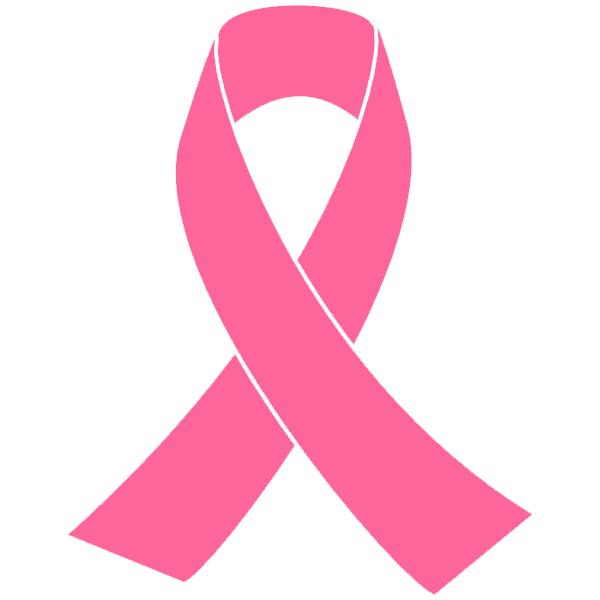A small but interesting study about how women perceive breast cancer, and its potentially deadly consequences, may shed light on how to better battle the disease.
Researchers determined that among those with an elevated risk of developing the disease, how these women approached treatment and prevention was clearly related to whether they personally knew of family members or friends who died of breast cancer. Those who suffered this type of loss were much more likely to take aggressive measures to battle the disease, while those who had little or no experience in this area took a more conservative approach.
"Women who had traumatic experiences were more likely to view breast cancer as a death sentence," said Tasleem Padamsee, the study's leads author and assistant professor of health services management at The Ohio State University, who expressed surprise at the association. “And the women who had a trauma are the ones who were really willing to consider more aggressive options.”
The findings of the study, published in December in the Journal of Health Psychology, were announced today by the university.
 Padamsee and her team interviewed 50 women for the purposes of better understanding why some of those threatened chose to seek out more extreme measures – like prophylactically having their breasts removed – while others plotted a less radical course. The 30 white (W) women and 20 African-Americans (A-A) were asked, by design, open-ended questions about their exposure to other cases of breast cancer, as well as other queries to gauge their knowledge of genetic testing, surgical options and medication.
Padamsee and her team interviewed 50 women for the purposes of better understanding why some of those threatened chose to seek out more extreme measures – like prophylactically having their breasts removed – while others plotted a less radical course. The 30 white (W) women and 20 African-Americans (A-A) were asked, by design, open-ended questions about their exposure to other cases of breast cancer, as well as other queries to gauge their knowledge of genetic testing, surgical options and medication.
Based on their responses, they were assigned to one of four categories, as described in the study:
- Abstract (14 women – 10 W, 4 A-A) ... those "well aware of their elevated risk due to substantial family history, but — unlike women in the other categories —had no close up experience with breast or ovarian cancer."
- Generalized (9 women – 7 A-A, 2 W) ... those who "perceived themselves to carry not this specific cancer risk, but an unusually high risk of cancer in general."
- Practical (9 women – 6 A-A, 3 W) ... those who had "both experienced the cancer of a loved one directly ... and had a psychological focus on familial risk of breast/ ovarian cancer specifically," but had not "experienced traumatic suffering or death. They generally perceived of cancer as a hardship they must be ready to deal with, but that could be survived."
- Traumatic (18 women – 15 W, 3 A-A) ... "similar to those in the Practical group, with one critical distinction: they had each suffered through at least one particularly difficult cancer experience with a loved one. In most cases, the loved one died of their cancer, but a few women experienced long-lasting fear and emotional upset as the result of cancer experiences with family members who survived."
What researchers discovered were "clear trends" that linked more aggressive prevention approaches with those women who suffered a personal loss.
"Women in the three study groups who had not lived through a traumatic cancer experience with a loved one were generally oriented toward mammography as a prevention tool and were open to the idea of genetic testing," the team explained in a statement issued by OSU. "Overall, they weren’t interested in more aggressive options unless a genetic test confirmed a predisposition to breast cancer."
While, admittedly, the study is small, it does deliver soime interesting insight into a patient's decision making. In the future, Padamsee would like to see more work done in this area to examine whether socioeconomic differences or other factors are also influencing decision making when it comes to treatment options.




